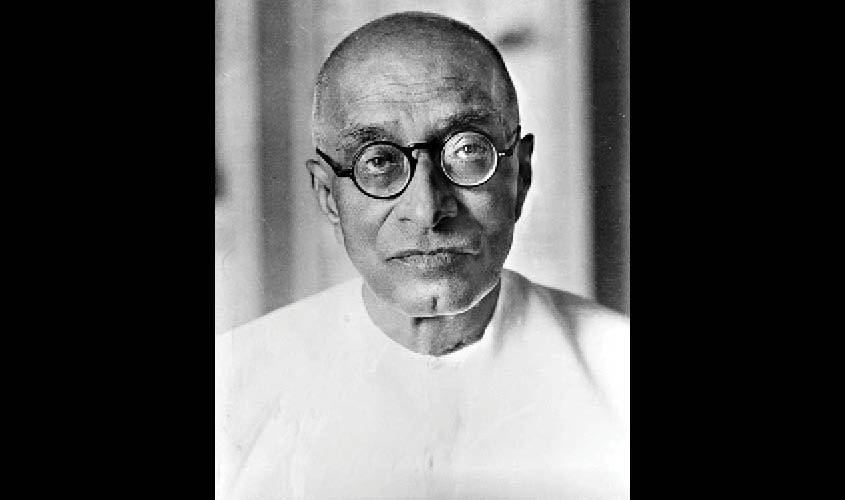Description

Disclaimer: Copyright infringement not intended.
Context
- Recently, C. Rajagopalachari is remembered on his 143rd birth anniversary.
About
- Chakravarti Rajagopalachari popularly known as Rajaji or C.R., was an Indian statesman, writer, lawyer, and independence activist.
Contribution
During the Freedom Struggle
- After Mahatma Gandhi, he was the one who joined the Independence movement and became his utmost follower.
- After 1919 Rajaji participated in Non-Cooperation movement.
- In 1921 was elected as member of Congress Working Committee and became the General Secretary of the party.
- During 1922 as a leader of INC session in Gaya he made his first breakthrough and led the entire group with the title ‘No-Changers’ and contested elections for Imperial Legislative Council Party.
- He issued Agricultural Debt Relief Act, to lessen the load of debt on peasants.
- He laid several prohibitions on sales tax and banned alcohol but his image was still not positive as he made Hindi compulsory in all educational institutions.
- Rajaji participated in agitations against Rowlatt Act, joined the Non-Cooperation movement, the Vaikom Satyagraha, and the Civil Disobedience movement.
- He was imprisoned during the Salt Satyagraha wherein he led the Vedaranyam Salt Satyagraha.
- In 1939, Rajagopalachari took a step to abolish untouchability and caste prejudice and issued the Madras Temple Entry Authorisation and Indemnity Act.
- During the Quit India Movement, Rajagopalachari opposed Gandhi
Independent India
- When India got freedom, Rajaji became the first Governor of West Bengal but his appointment was opposed by Sarat Chandra Bose (brother of Subhas Chandra Bose).
- During Rajaji’s tenure his duties were to deal with refugees and create peace and stability, especially during Calcutta riots.
- He was the last Governor-General of India and the only Indian candidate to hold such an esteemed position.
- He took over as the chief minister of Madras in April 1952.
- During his tenure, he actively participated in reforming the education system and bringing changes in the society. He also made Hindi a compulsory language in Tamil schools.
- He was a social conservative but advocated a free market economy.
- He wanted to reintroduce the Varna system into society.
- Rajagopalachari was made Home Affairs Minister after the death of Sardar Patel in 1950.
- In 1959, he resigned from the Indian National Congress and founded the Swatantra Part along with Murari Vaidya and Minoo Masani.
- He also signed a resolution that endorsed continuation of English as an official language in India.
https://india.com/viral/c-rajagopalachari-birth-anniversary-top-4-contributions-by-governor-general-of-india-216960/






